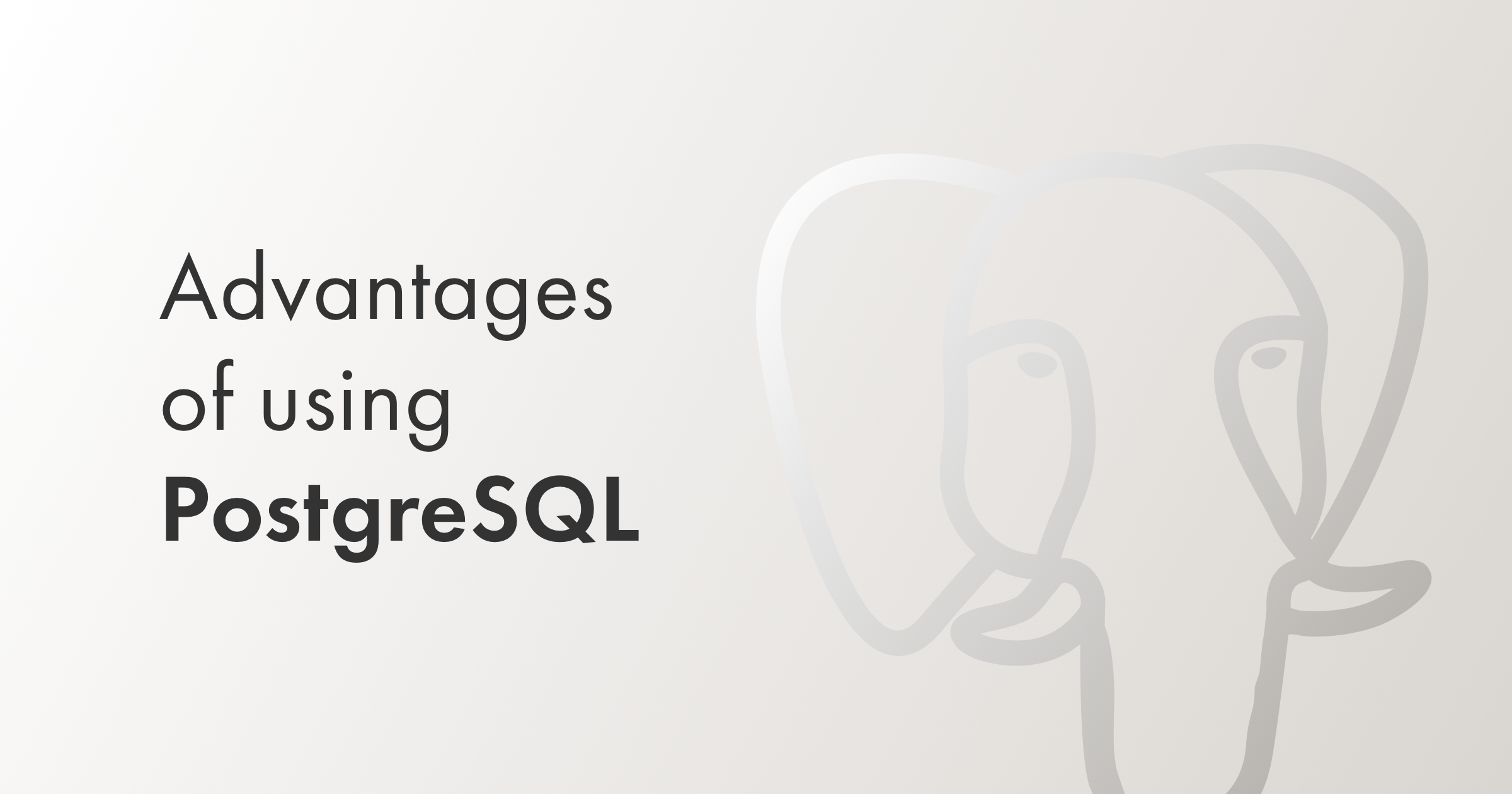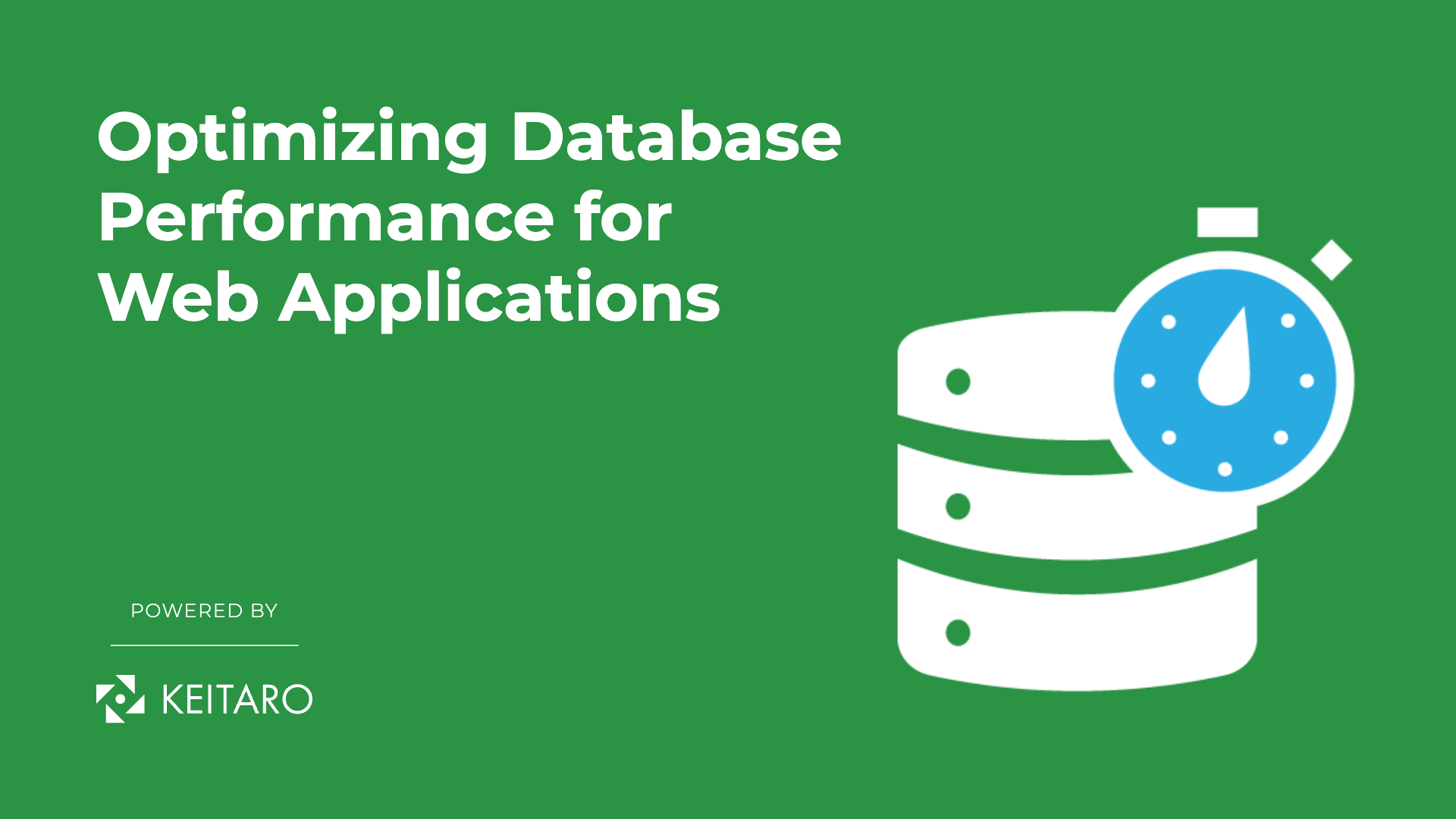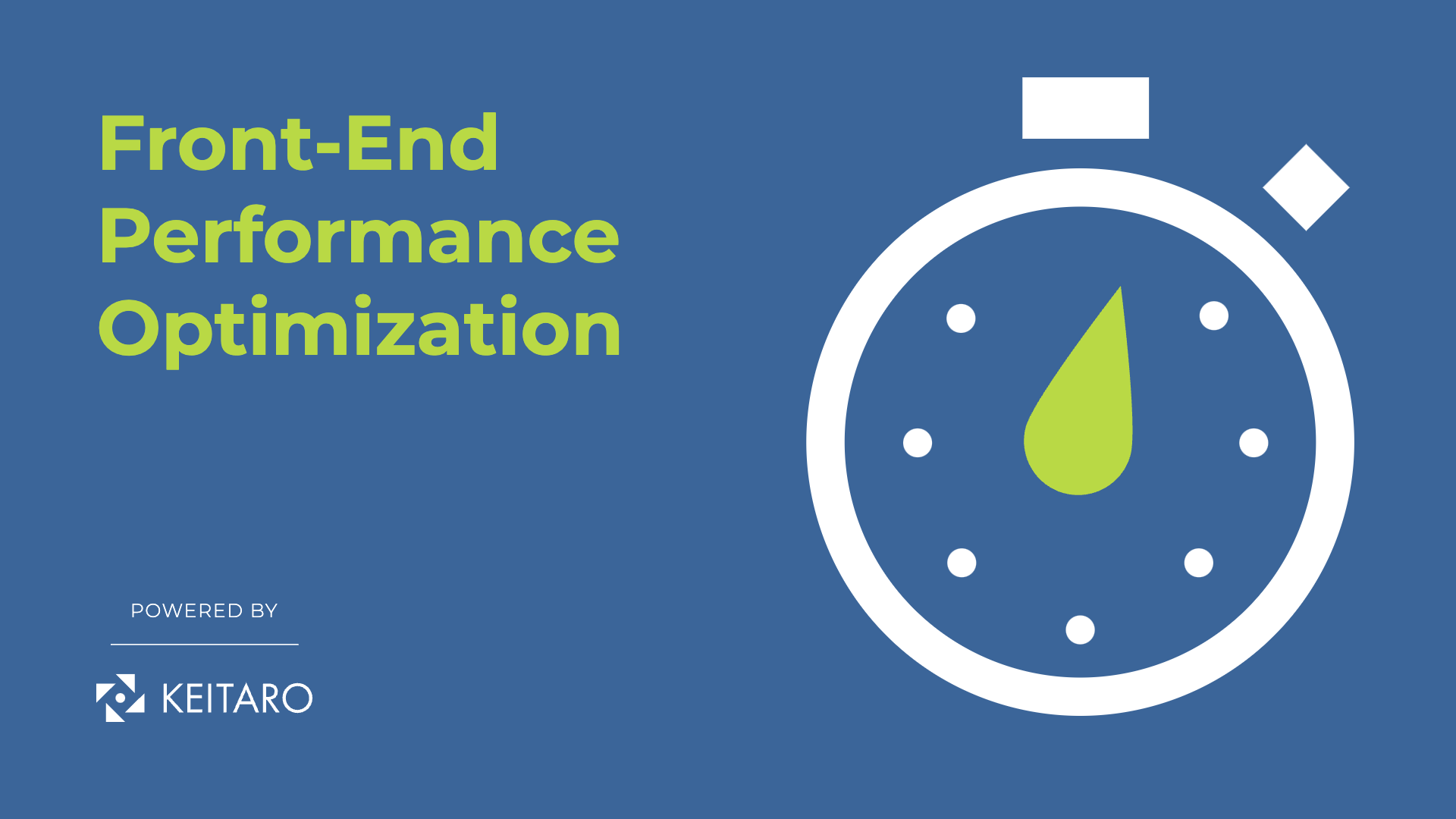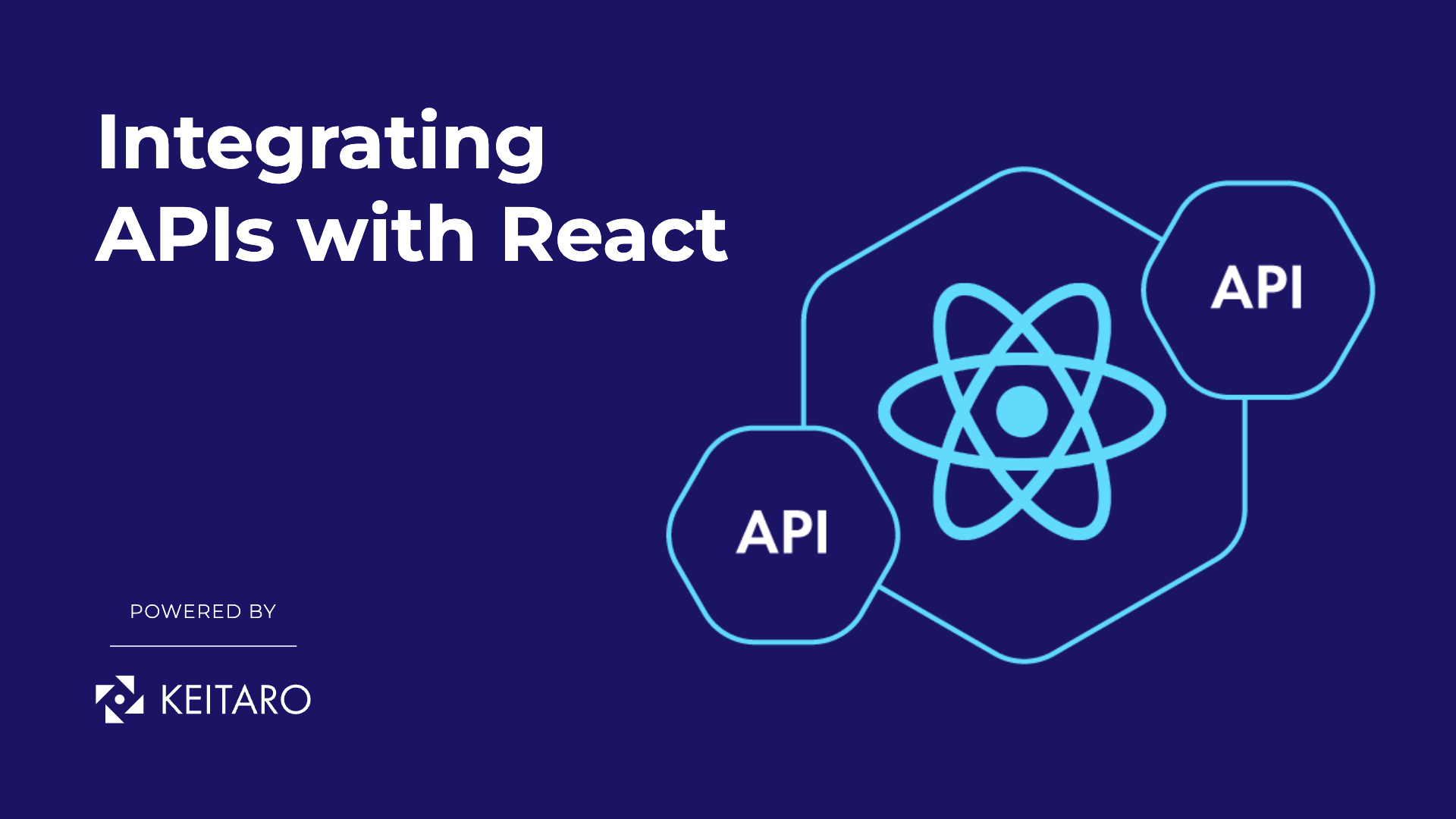PostgreSQL stands as a most advanced and professionally used open-source database management system that is highly regarded for its reliability, scalability, stability, and security. It is supported by a community of experienced developers who have put great effort into making it the leading-edge DBMS system it is. In this blog, we will have a closer look at PostgreSQL and highlight its key features and advantages.
What is PostgreSQL?
PostgreSQL is an open-source, enterprise-class, and advanced object-relational database system that supports both relational (SQL) and non-relational (JSON) querying. It uses and extends SQL language with additional features that empower it to handle complex data workloads with high efficiency.
PostgreSQL Features
PostgreSQL has tons of features to offer. It helps developers in creating applications and managing any volume of data, while also letting managers ensure data integrity. Following are some of the noteworthy features of PostgreSQL:
- Wide OS Compatibility: It is compatible with all the leading operating systems, such as Windows, macOS, Linux, UNIX, etc.
- Languages Support: It supports all the popular programming languages, including C#, C/C+, Java, Python, JavaScript (Node.js), Ruby, etc.
- Wide Data Types Compatibility: It supports wide data types, such as Primitives (String, Numeric, Integer, Boolean), Structured (Array, Date/Time, UUID, Range), Geometry (Polygon, Line, Point, Circle), Document (XML, JSON/JSONB, Key-value), and Customizations (Custom Types, Composite).
- Data Integrity Support: It ensures data integrity by offering support for foreign keys, primary keys, exclusion constraints, advisory locks, explicit locks, NOT NULL, and UNIQUE.
- Security: It ensures a secure data environment by offering a robust access control system, authentication (LDAP, SSPI, GSSAPI, Certificate, etc.), multi-factor authentication, and column and row-level security.
Some of the other features provided with PostgreSQL include point-in-time recovery, asynchronous replication, Multi-Version Concurrency Control (MVCC), nested transactions, table partitioning, and many more.
Benefits of PostgreSQL
Based on the rich feature list, community support, and top-notch performance, it is no surprise that PostgreSQL is considered the favorite choice by so many organizations worldwide. Of the dozens of benefits it has to offer, the following are the 5 key ones worth mentioning:
- Free and Open-Source License
PostgreSQL is released under the PostgreSQL License, a liberal Open Source license, similar to the BSD or MIT licenses. This means its source code is accessible, giving users freedom to use, modify, share, and implement per the demands of their data projects. There are no license fees or contract issues of any kind.
- Reliable – Community-Driven
For more than 25 years, PostgreSQL has experienced improvements, feature enhancements, and innovation with the support of its community, which comprises both individuals and organizations. The dedicated PostgreSQL community regularly fixes any bugs and enhances overall performance, thereby continuously improving the database system’s efficiency.
- Extensible
PostgreSQL is easily and widely extensible. For example, users are empowered to define their own data types, design custom functions, or write code from other programming languages without recompiling their database.
- Comments in Code
Compared to many other database systems, PostgreSQL uniquely provides for comments in code. This means users can read the comments to quickly understand what that particular code can do before deploying it into their application. This has the additional benefit of improving overall the quality and capability of the community.
- Path for new Database Technology
PostgreSQL lets organizations practice and implement new database technologies such as cloud services, machine learning data science, data warehouse analytics, IoT, migration services, etc. It is one of the reasons why PostgreSQL is now so popular and increasingly deployed by organizations.
Final Thoughts
Over the past two decades, PostgreSQL has emerged as a feature-rich and powerful data management system that does not limit itself to the constraints of traditional RDBMSs. In a nutshell, the stability, advancements, and functionality of PostgreSQL make it an excellent choice to handle simple to complex data projects.



